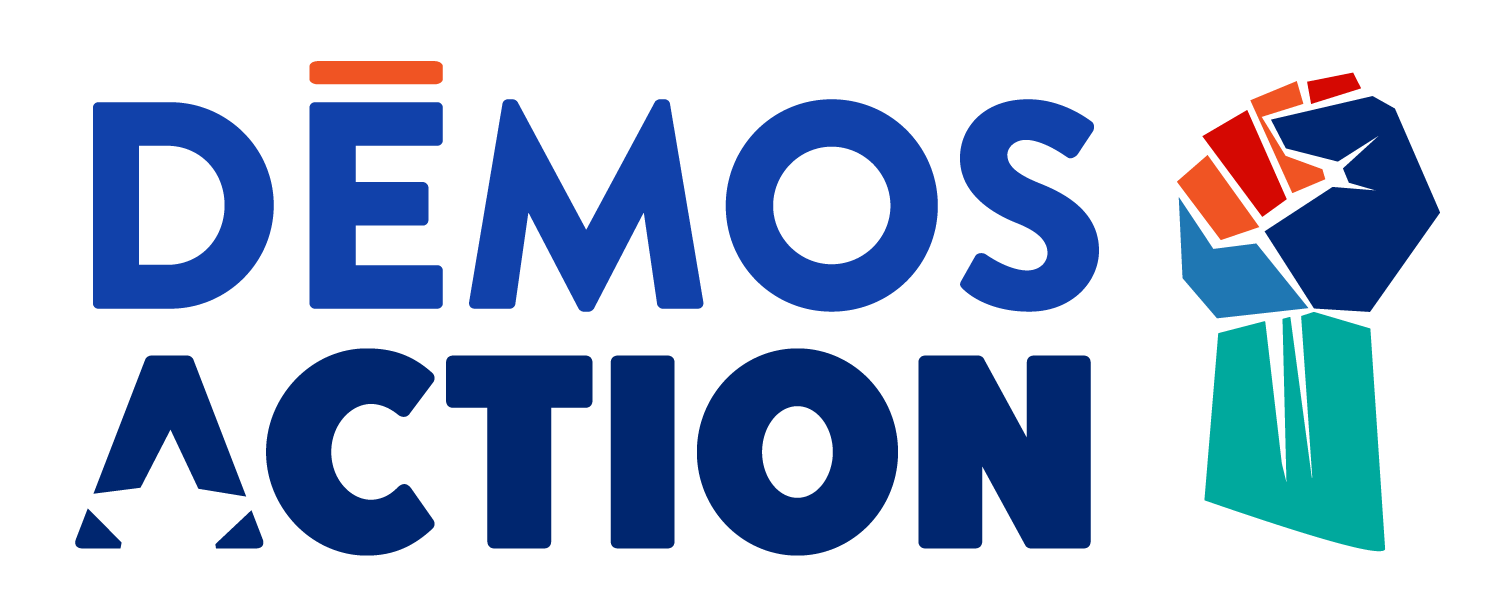Right to Vote: The Case for Expanding the Right to Vote in the U.S. Constitution
The struggle and sacrifice of generations of Black and brown Americans for full inclusion in our democracy have brought our society closer to its democratic ideals. The U.S. Constitution currently contains more protections for the right to vote than when it was enacted. However, this foundational document—in which we enshrine our most fundamental values and most durable structural protections—even today does not offer an affirmative, comprehensive guarantee of the right to vote. As a result, lawmakers across the country have found ways to lock millions of people, disproportionately Black and brown people, out of their voting rights and, in turn, out of full participation in our democracy. Voting rights organizers and advocates continue to engage in creative and courageous efforts to resist voter suppression and other tactics that threaten our democratic ideals, and to make the right to vote real for all eligible Americans. These efforts are complicated, and sometimes thwarted, by the limitations of protections for the right to vote in our laws and, most critically, in our Constitution.
In 2020, Black-led organizing has sparked communities across the country to rise up and demand change. A growing multiracial movement is coming to understand what has been known in Black and brown communities for a long time: our democracy isn’t “broken.” Instead, it’s working exactly as it was designed, denying Black and brown people’s ability to participate in the political process, seeding deep distrust of the very processes and institutions that are meant to ensure our government is “of, by, and for the people,” and, in turn, stripping away the rights and agency of a broad majority of people of all races and ethnicities. This time has also brought a greater appetite for changes long envisioned by grassroots organizations and others closest to the problems of democratic exclusion, changes that would help us fully realize the promise of democracy for the first time.
If we truly want to build inclusive democracy, we must articulate an affirmative vision of an expansive right to vote in the Constitution itself. This paper lays out the kind of robust constitutional protection for the right to vote that we at Demos envision in the form of a new amendment—a Right-to-Vote Amendment for a 21st Century Democracy—that names how the right to vote has been obstructed over the years and offers concrete remedies to these distortions of our democracy.
Such an amendment should:
State the right to vote in the affirmative;
Promote universal voter registration by constitutionalizing automatic voter registration and same day registration;
Protect against practices that have the effect of denying or diluting the voting rights of historically disenfranchised communities;
Abolish the Electoral College and ensure the president and vice president are elected directly by the people;
Establish statehood for the District of Columbia;
Guarantee sovereignty and self-determination of political status to the people of the U.S. territories;
End the practice of penal disenfranchisement;
Prevent unfair partisan gerrymandering;
Curb the distorting role of big money in politics; and
Give Congress broad enforcement powers, including the ability to establish election administration standards for all elections and require federal preclearance of state voting law changes, so that the right to vote can be made real for all eligible people.
Long-overdue changes to the Constitution alone will not solve all democratic exclusion. However, enshrining in the Constitution a vision for full political participation would go a long way toward remedying a document that was so profoundly flawed at its ratification. It would earn trust in our political process and realize the unfulfilled promises of our democracy. It would ensure that every eligible person, especially the Black and brown people who have long been excluded, has full, inalienable access to the franchise. When our democracy finally works for Black and brown people, it will work for all people.

